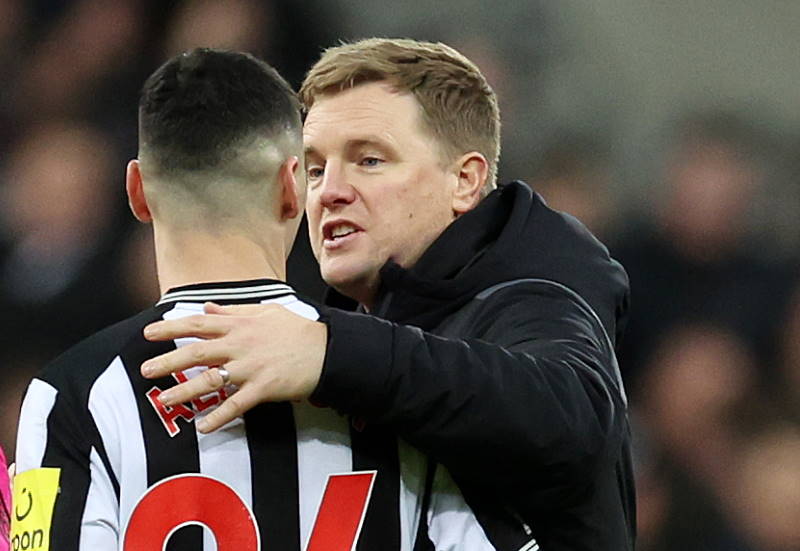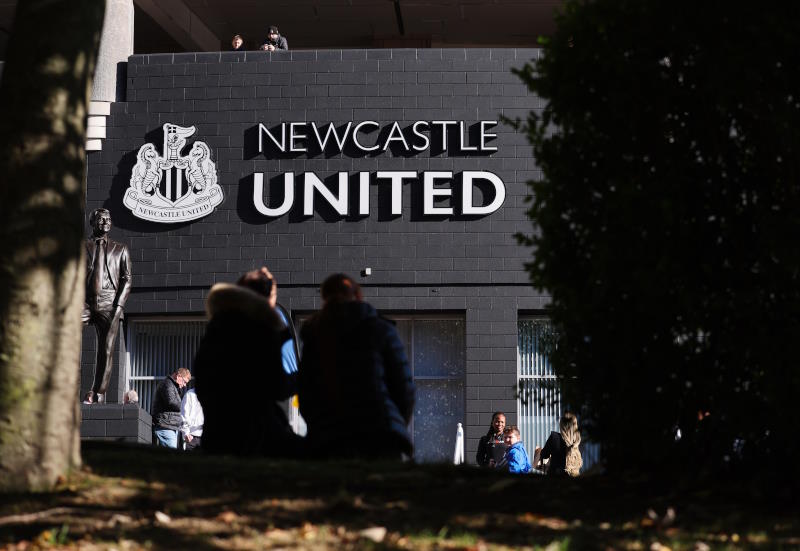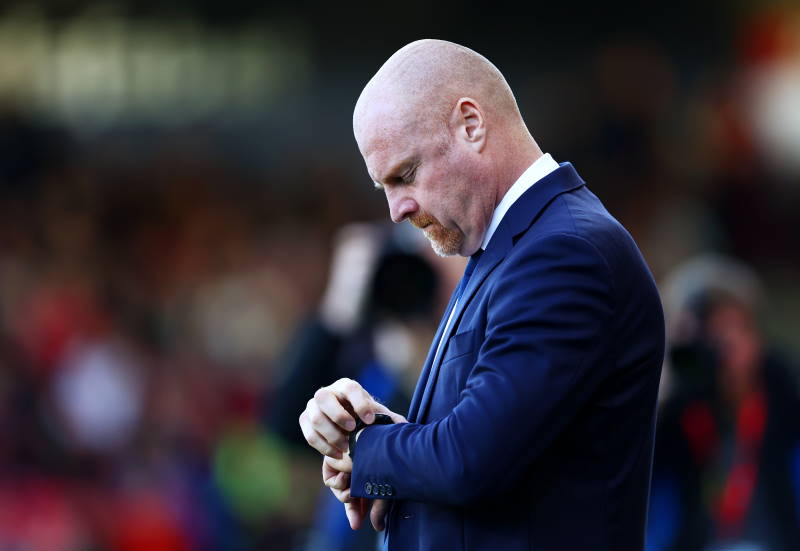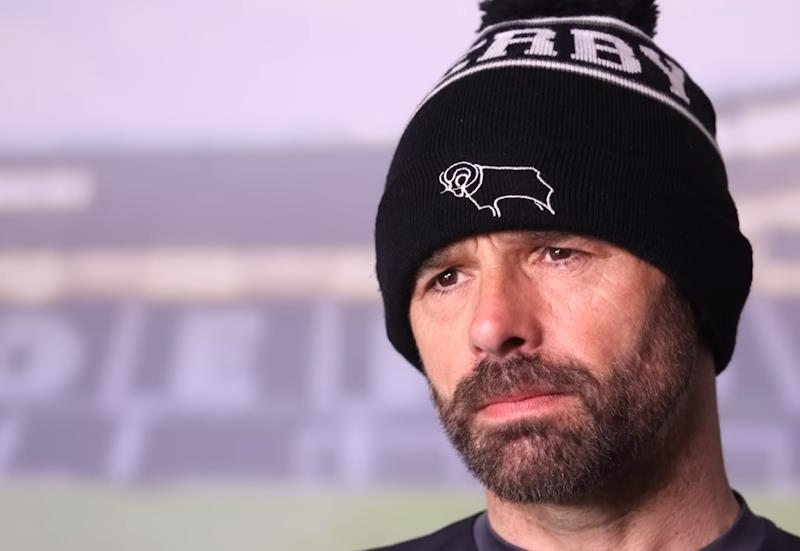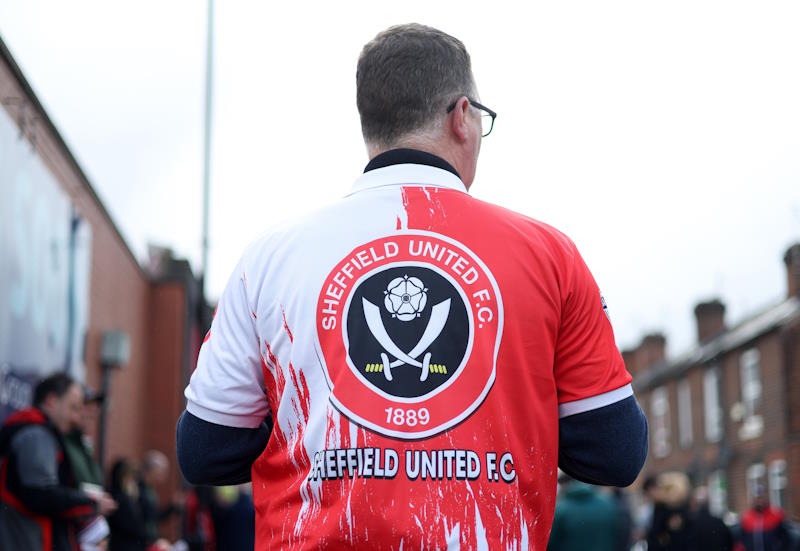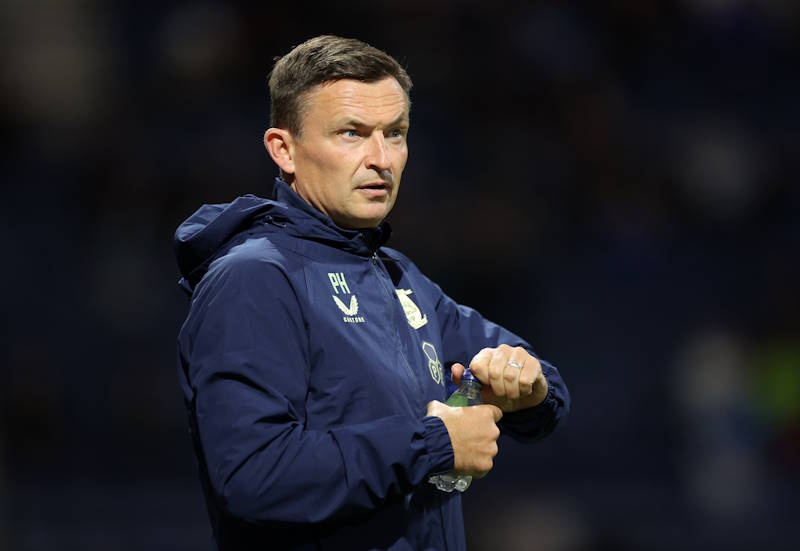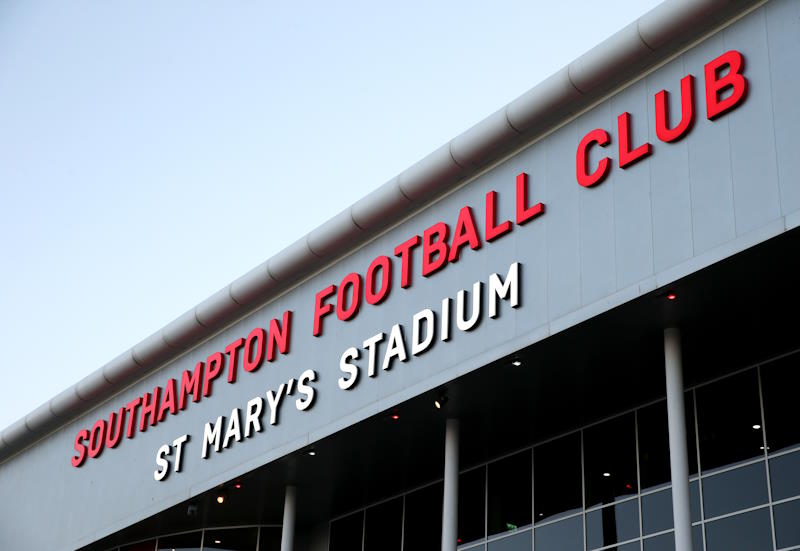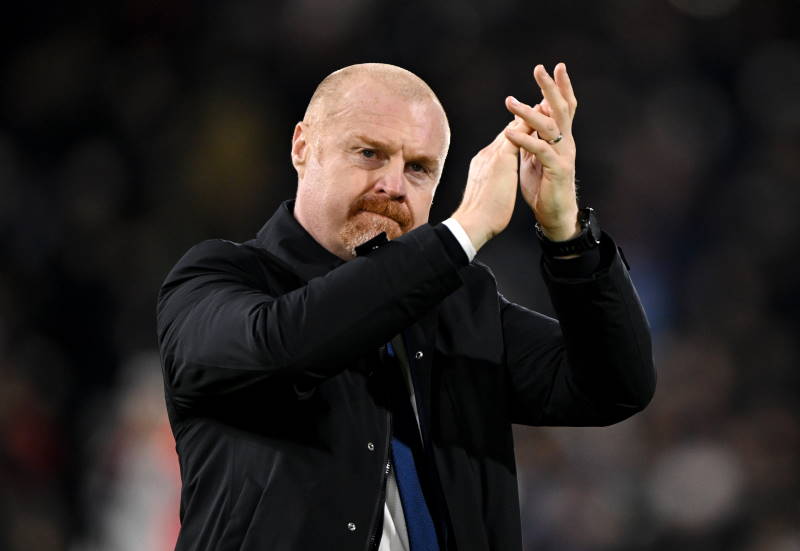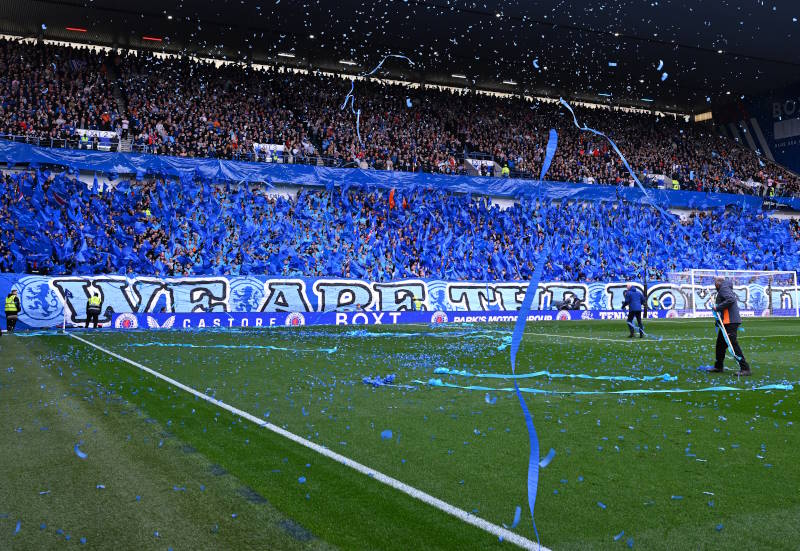
Italy’s national team are currently witnessing one of the worst periods in their history. After a disastrous World Cup, Cesare Prandelli is charged with the job of rebuilding the Azzurri, but his task looks a tough one as the entire game in the Peninsula needs to undergo a radical revolution.
“We have to change our mentality, firstly in our youth teams”, Arrigo Sacchi, the new technical coordinator of the FIGC (Italian Football Federation), told Gazzetta dello Sport recently when expressing his concerns. “We need to rethink our approach to football and sport in general. In Italy we are obsessed with the result, generally the fans don’t ask about the beauty of the game, but they only want to win, in any possible manner.”
In just a few words, Sacchi laid down the challenge facing the Italian game. For seasoned watchers of the Peninsula’s football however, the situation is anything but new. After great defeats in the past, big debates have raged time and time again and resulted in the launch of special investigations by the FIGC: in 1958, when the Azzurri failed to qualify for the World Cup for the first and only time, in 1966 after humiliation was suffered at the hands of North Korea, and in 1974 after an embarrassing campaign in Germany.
In the meantime, it is left to Prandelli to raise the performance of the Azzurri in the here and now. The new coach has bet on players excluded by Marcello Lippi at the World Cup, chiefly Antonio Cassano and Mario Balotelli, and intends to play with a 4-3-3 formation or, when possible, with a 4-3-2-1 previously tried by his predecessor.
Balotelli, Cassano and Giampaolo Pazzini are the new faces of the Azzurri. The pressure is mounting on Cassano in particular, who is known as the “ Fenomeno of Barivecchia” and has to carry the team on his shoulders, in much the same way he does at club level with Sampdoria.
But Prandelli’s project could take some time, and if Italian fans needed confirmation then they were left in no doubt after the country’s first Euro 2012 qualifying match in Estonia. The Azzurri suffered for the entire first half, succumbing to a strike from Sergei Zenjov, who added a bit of quality to the Estonia frontline. At the back, Giorgio Chiellini and Leonardo Bonucci, both Juventus players, turned in poor displays, and goalkeeper Salvatore Sirigu, filling in for the injured Gianluigi Buffon, was responsible for the Estonian goal. The midfield appeared to lack ideas – apart from the ever dependable Andrea Pirlo – and Cassano up front seemed missing in action.
After the break the Azzurri began in a similar manner, but had Cassano to thank for a leveller after 10 minutes. The Sampdoria star then served up a delightful backheel to Bonucci to grab the winning goal, showing that, no matter the situation, he is capable of rising above the ordinary and producing a flash of brilliance – the difference between a good and world-class player. Italy had to struggle right until the end, with Estonia refusing to go quietly, but finally took an important victory.
There is obviously much work to be done for the Azzurri in the next few months, but Prandelli at least has a project to focus on and a path he is intent on following. The 53-year-old former Fiorentina boss seems willing to place his trust in young players and, after the Estonia game, asked his charges to be “harder” with their opponents and even with team-mates in training.
In spite of Arrigo Sacchi’s speech however, and the new course set by the FIGC, it would appear rather unlikely that Prandelli could retain his position should the team fail to reach Euro 2012. One thing, after all, is certain: The result again, is placed above everything else.

